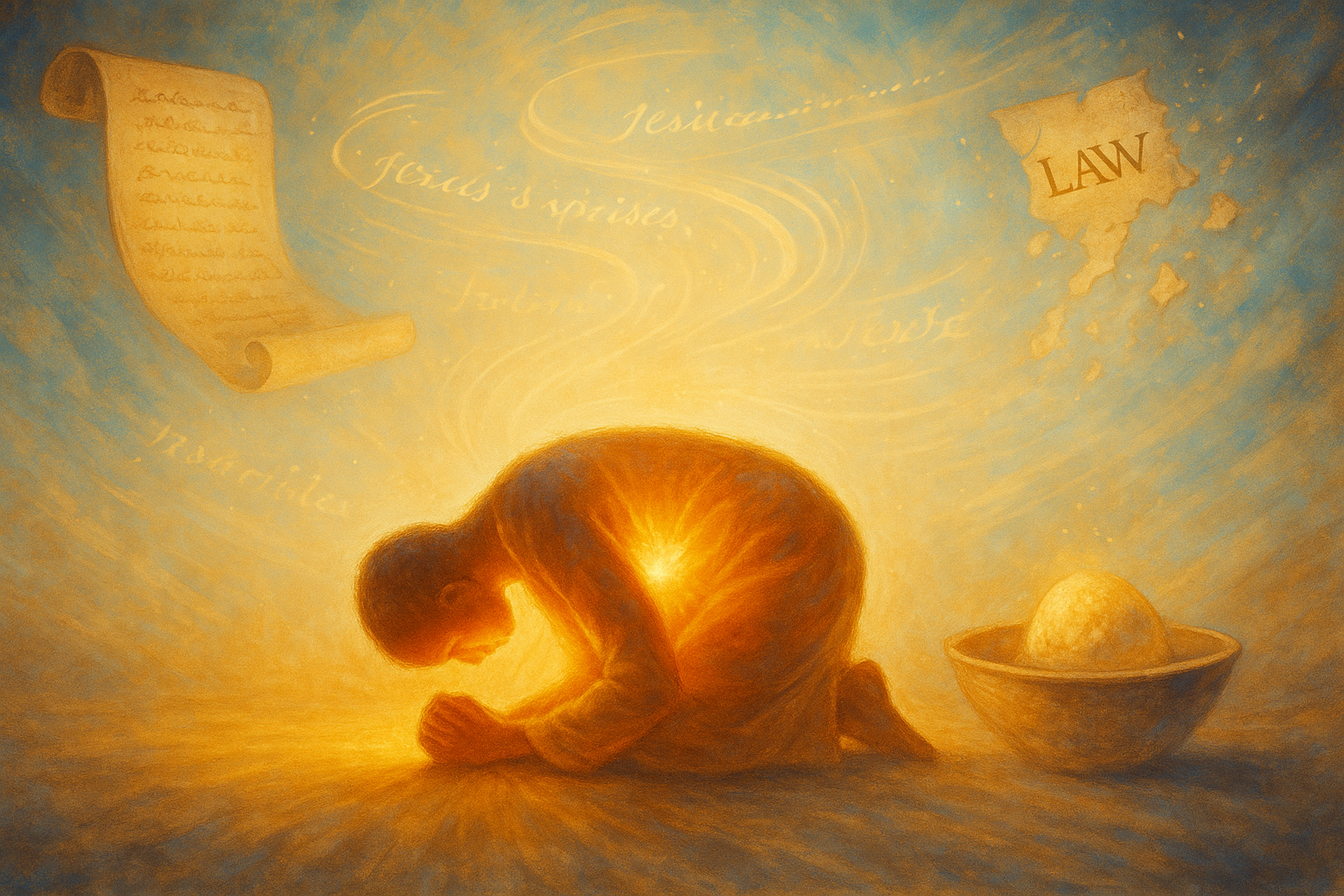What Is the Kingdom of God? Understanding Its True Meaning
The phrase "Kingdom of God" resonates deeply with us, but what does it truly mean? According to Luke 17:21, Jesus declares, “The kingdom of God is within you.” This powerful statement shifts the perspective from a physical realm to an internal, spiritual experience. The illustration continues in Luke 13:21, comparing the Kingdom to “leaven, which a woman took and hid in three measures of meal, till the whole was leavened.” But what is this "leaven"? In Matthew 16:12, the reader is warned against “the leaven of the Pharisees and Sadducees,” identifying it as their doctrine. Simply put, the Kingdom of God is a transformative understanding of wisdom rising within us.
The Original Teachings: Parables and Sayings Before the Gospels
Before the Gospels (Matthew, Mark, Luke, and John) were written, no narrative of miracles, resurrection, or ascension existed. Instead, the earliest records of Jesus’ teachings were most likely collections of parables and wise sayings. These sayings, often centered on the Kingdom of God, formed the foundation of early Christian philosophy. Written after the destruction of Jerusalem, the Gospels wove these sayings into narratives to support traditional beliefs, but their core rested on philosophical wisdom.
This original wisdom, free from later narrative additions, focused on an inward spiritual journey. For example, the concept of resurrection wasn’t about a physical rising but a spiritual awakening—a “rising up” of understanding within the heart, as promised in Jeremiah 31:33: “I will put my law in their inward parts, and write it in their hearts.”
Redefining Death: A Spiritual, Not Literal, Concept
The promise in John 8:51, “If a man keep my saying, he shall never taste of death,” challenges traditional religious understanding. If the Kingdom of God is an internal experience, then the “death” referenced here isn’t physical but spiritual. This spiritual death is tied to the “righteousness of the scribes and Pharisees” (Matthew 5:20), which the Jesus character critiques as insufficient. In Mark 7:9, he condemns their adherence to “your own tradition” over their Deity’s commandments, equating traditional religious law with spiritual stagnation.
The Hebrew Scriptures philosophically define sin and death as the philosophy of rigid religious law. This definition can be found in the New Testament, wherein 1 Corinthians 15:56 states, “The sting of death is sin; and the strength of sin is the law.” By embracing the Kingdom of God’s understanding, one can avoid this spiritual death and experience a resurrection of thought, or a renewal of heart and mind, fulfilling the saying, “Create in me a clean heart...and renew a right spirit within me (Psalm 51:10).
The True Message: Liberation from the Curse of the Law
The narrative of a demigod dying and rising for humanity’s sins is a later addition, not the Hebrew Bible’s core teaching. Yet Galatians 3:13 declares, “Christ hath redeemed us from the curse of the law.” The crucifixion, in this context, symbolizes liberation from the traditional religious law; the true “sin” and “death.” By focusing on the Kingdom of God experience, one can reject outdated religious traditions/ideals/supposition/ and embrace wisdom sparking spiritual awakening.
This message is revolutionary: adhering to Jesus’ sayings prevents spiritual death by fostering a living, transformative faith. As the doctrine of the Kingdom rises within, it reshapes devotional thought and ignites a resurrection of the soul.
Why This Matters for Your Spiritual Journey
Understanding the Kingdom of God as an internal, transformative experience empowers one to move beyond rigid and useless traditions. We are supposed to be cultivating a belief that is alive, intellectual, and dynamic. The Bible’s original concern of spiritual or inward resurrection; free from the “curse of the law”; offers a path to deeper connection with the intended will and journey of at the core of the scriptures.
Let the Kingdom of God rise within you, transforming your heart and mind.



